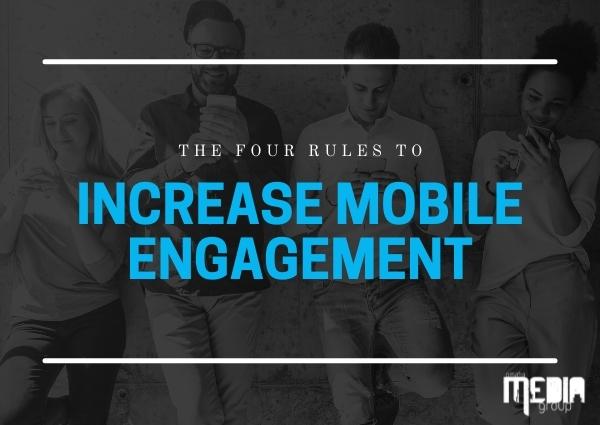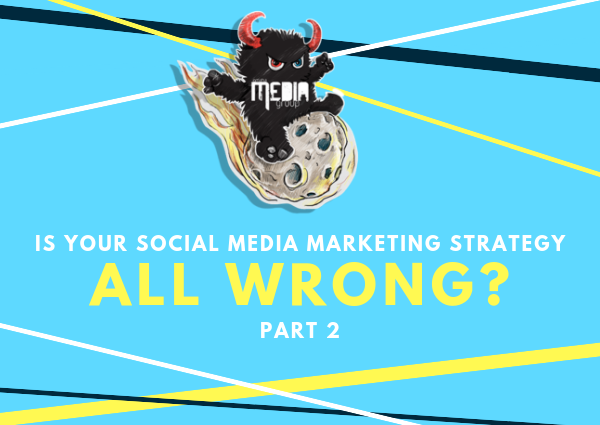 https://www.omahamediagroup.com/images/uploads/monster_gallery/Omaha-Media-Group-Black.jpg
admin
https://www.omahamediagroup.com/images/uploads/monster_gallery/Omaha-Media-Group-Black.jpg
admin
How Is Voice Search Going To Impact SEO?

There has been a rise in the number of voice search queries in the last couple of years or so. Multinational tech giants like Google, Microsoft, Facebook, Apple and Amazon are all trying to launch their own digital personal assistants. Most would say the rise of voice queries and digital assistants has to do with convenience.
Also, the spread of smartphones and tablets like an epidemic, where a report suggests that 87% of world population today owns a smartphone, has to do with the growth in volume of voice queries.
Tiny screens and small keypads mean that it is far more difficult to type a query on a smartphone than on a laptop or PC.
How is the digital landscape changing?
People today want direct answers to their queries. Siri, Google Now and Cortana are personal assistants which do just that. The stuffing your digital content with keywords is slowly receding to the past. Google is encouraging the use of natural language processing (NLP) and text to speech functionality in its algorithm. It allows searchers to pose direct questions and instead of looking down at a list of websites, the searcher gets a specific answer based on contextual understanding of the question and also his or her past search history.
People also don’t mind sharing more details with digital personal assistants because these improve convenience and speed. If you were looking for a cafe in San Francisco, you could ask Google for your location with a straight question like “Where am I now?” and Google would point your coordinates on a map. You could then ask “Where is the nearest café?” and the search engine would not only point you to a café but take into account your preferences from your past queries, the weather, the distance from the café, whether you are driving a vehicle or walking and other factors to direct you to a café that it thinks you would like.
Local businesses would also need to change their strategy. Neil Patel, in his personal blog, references a 2013 survey to drive home this point. The survey suggests that over 89% of consumers search for local businesses on their smartphones at least once a week and 58% do it on a daily basis. This means local businesses will have to establish their local connect through their content rather than just focusing on certain keywords as that is how their target audience will find them.
How will the SEO change?
1. Focus will be on natural language
The copy will have to be more conversational rather than being unduly focused on key phrases. They will have to answer direct questions; the “who, what, why, when, where and how”. The articles will have to be optimized for Google’s quick box algorithm and other such bots. So, long-tailed keywords may become more suitable than they are now.
2. Greater use of microdata
Websites will have to use XML sitemaps and location data to be found on the SERP in relation to a voice search.
3. Schema markup
Schema markup can help websites and blogs give more precise information to search engine crawlers and hence they will be useful when question phrases are used to provide a direct answer.
4. Incorporate FAQs
Since, queries will be generally made in the form of questions that are common in natural language, answering those questions frequently discussed in blogs, websites, social media posts, etc will help a page to be found quickly and thus appear towards the top of the SERP.
Voice searches are generally preferred because they help to understand the exact intent of the searcher. Just typing “Apple iPhone7” is not specific enough. Instead asking “When will Apple iPhone 7 be launched?” is much more specific. This is beneficial for both businesses and their consumers.
Although the commercial importance of voice searches and digital assistants is not immediately clear, big tech companies are already looking at this issue. So, if your business has an online presence, you should start to make content and SEO strategies more adaptive to voice queries.
Hire the team to help you with your website, app, or other marketing needs.
We have a team of digital marketers who can help plan and bring to life all your digital marketing strategies. They can help with social media marketing, email marketing, and digital advertising!
CONTACT US




Comments